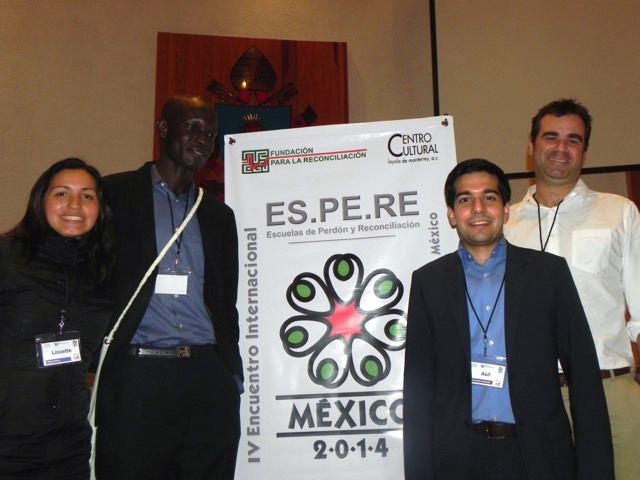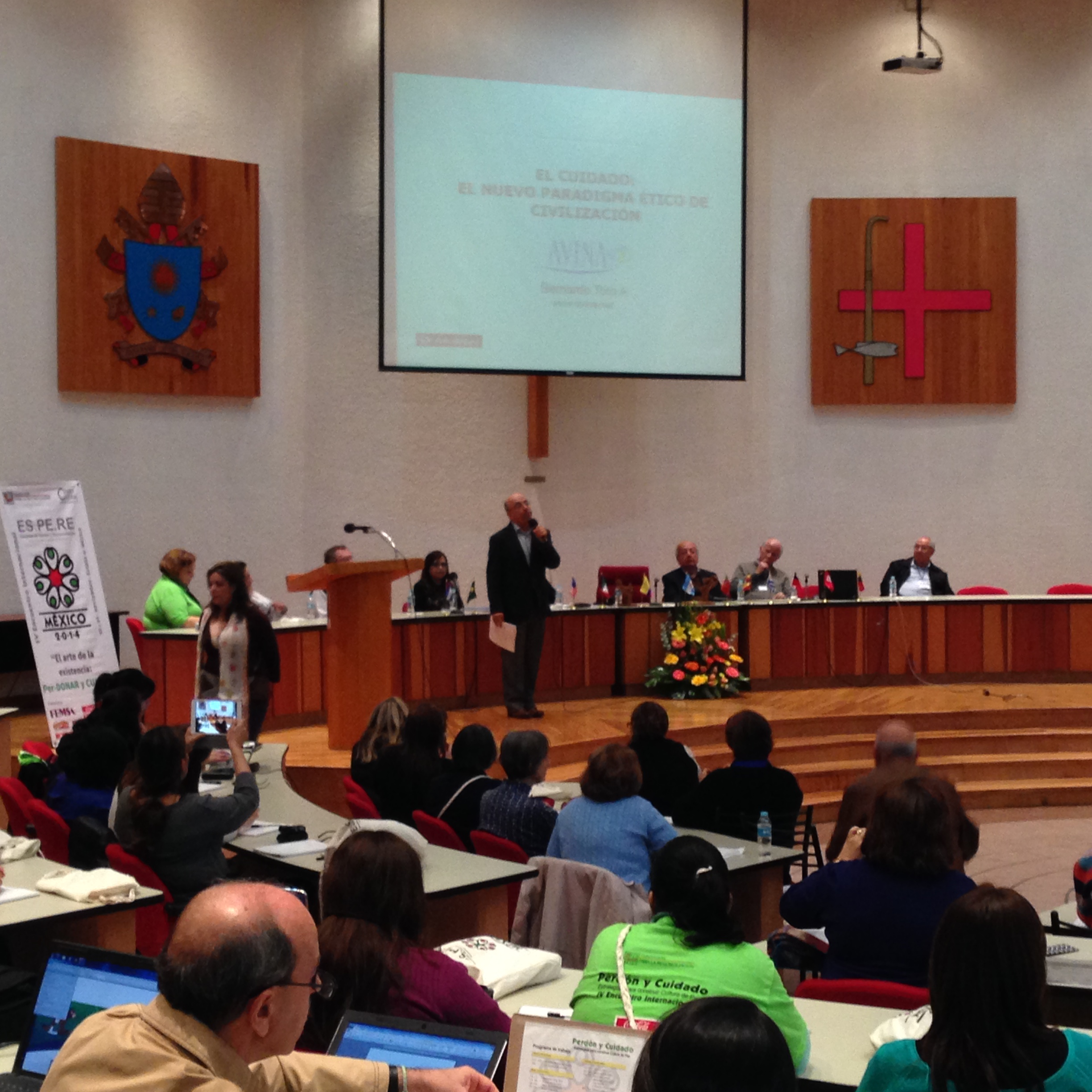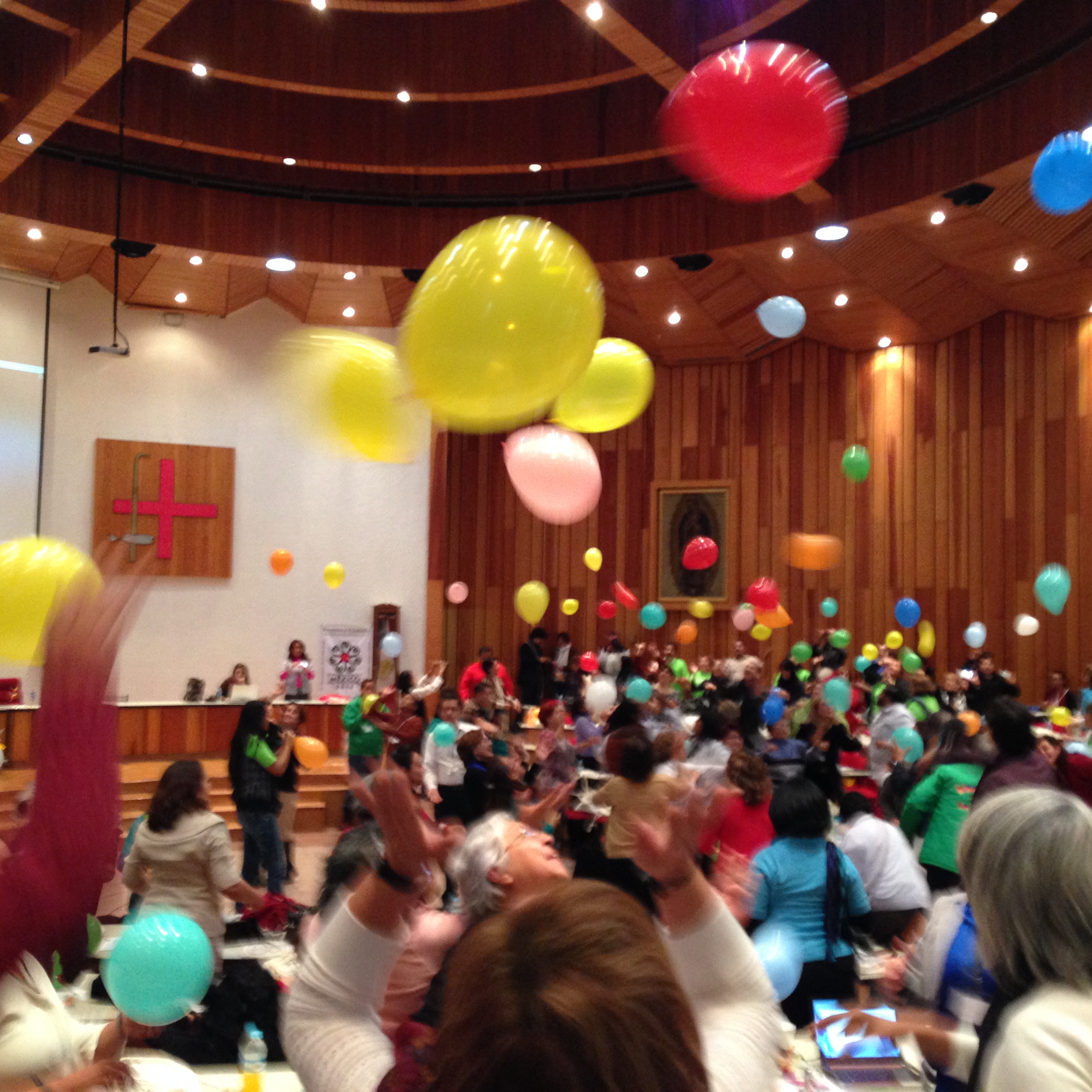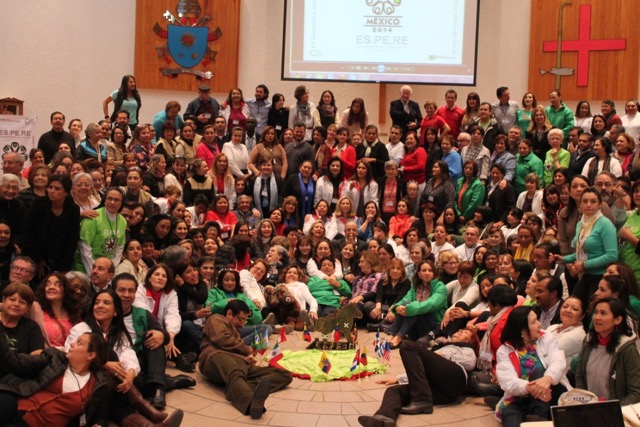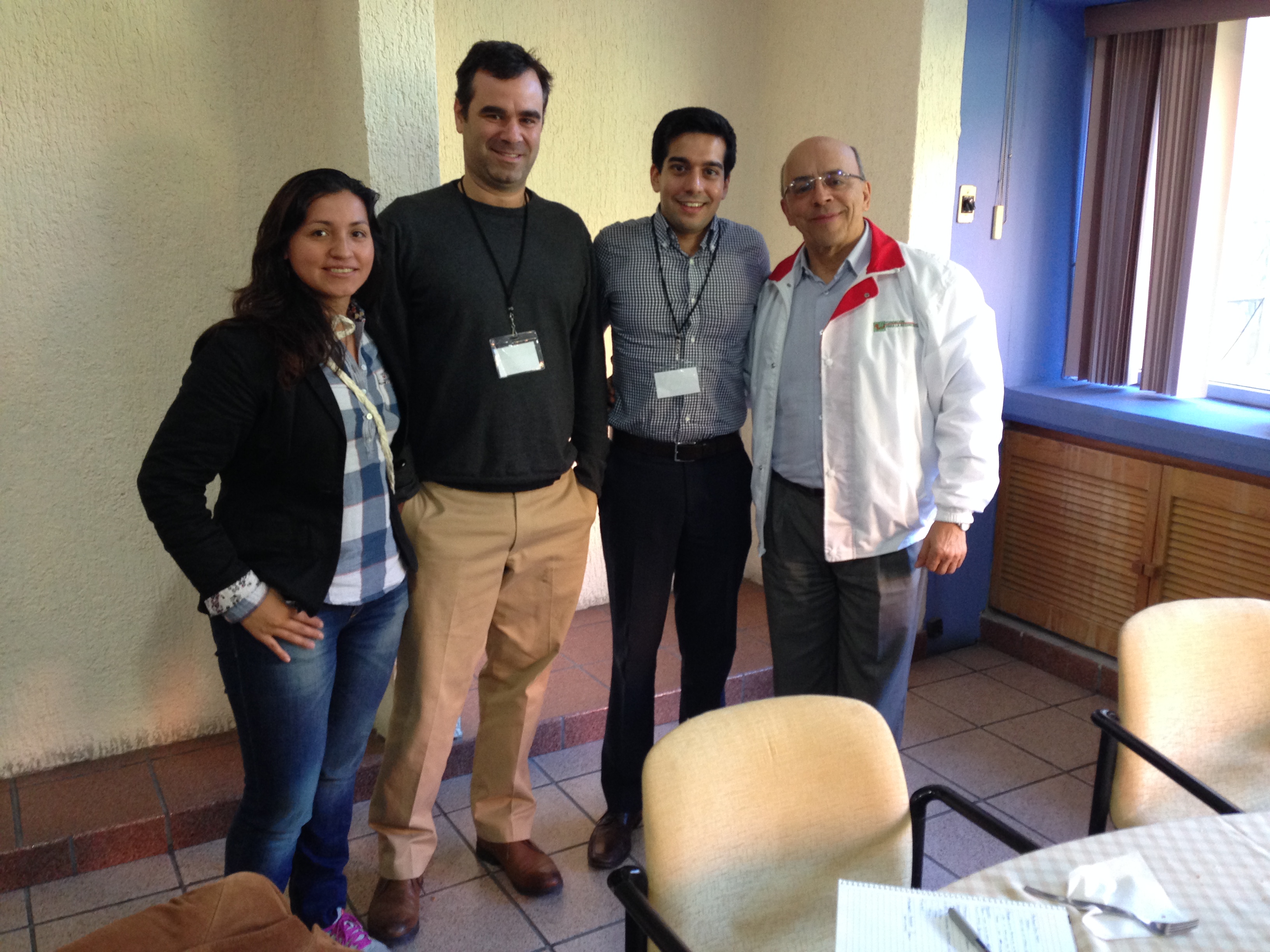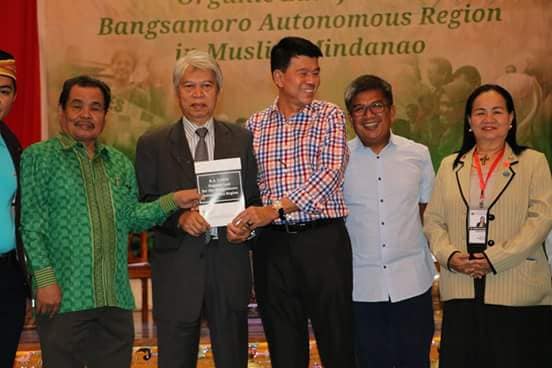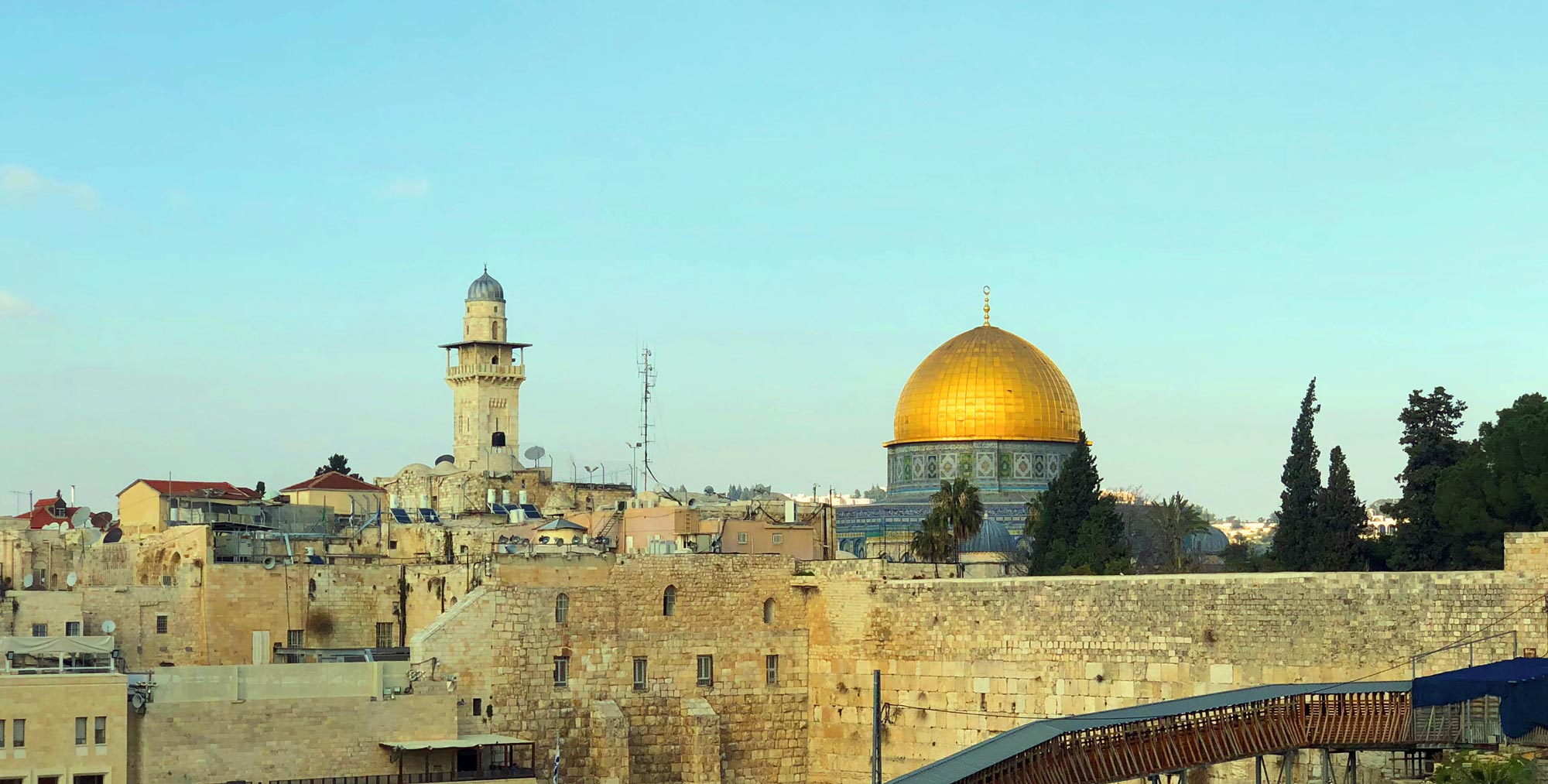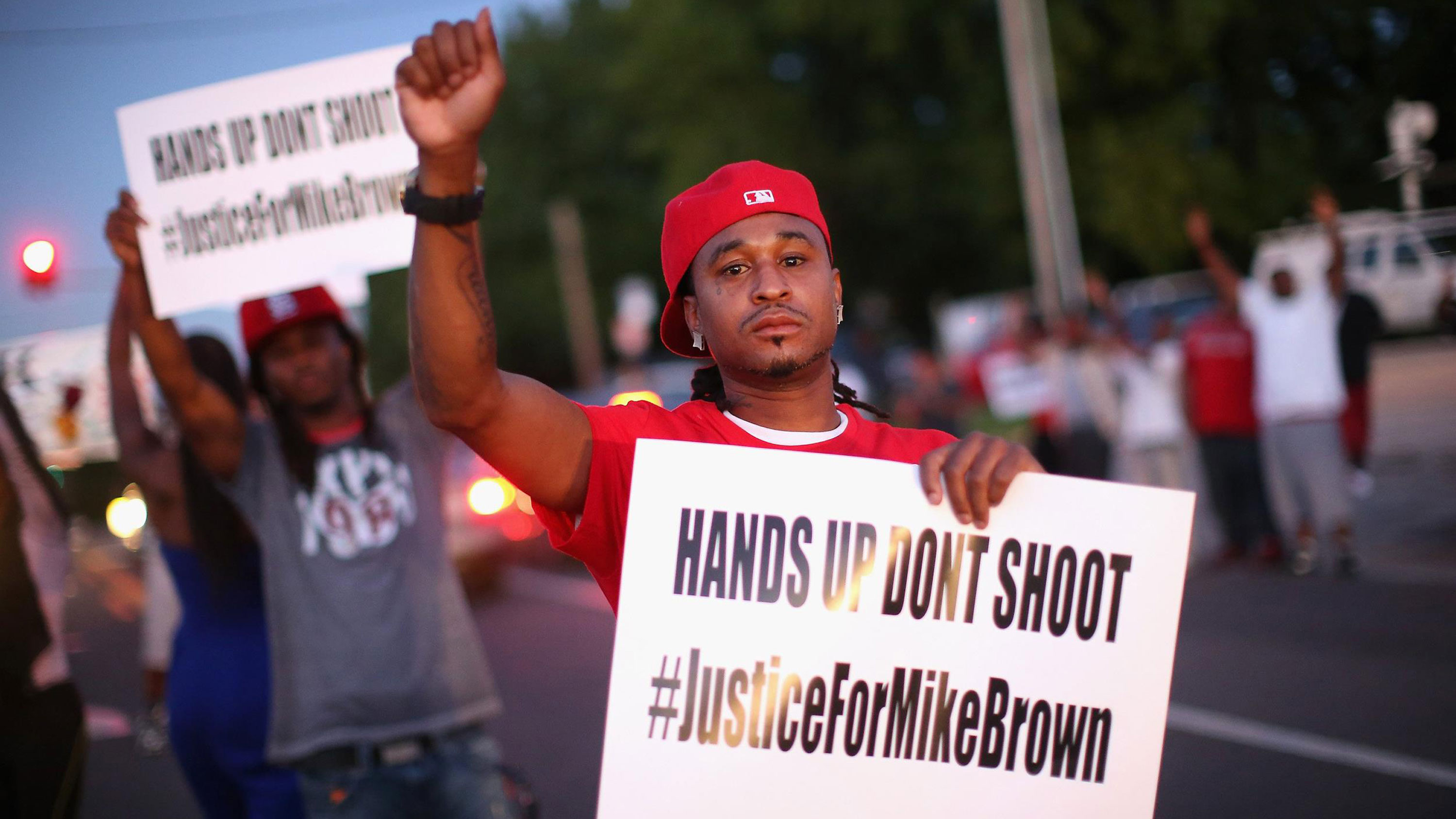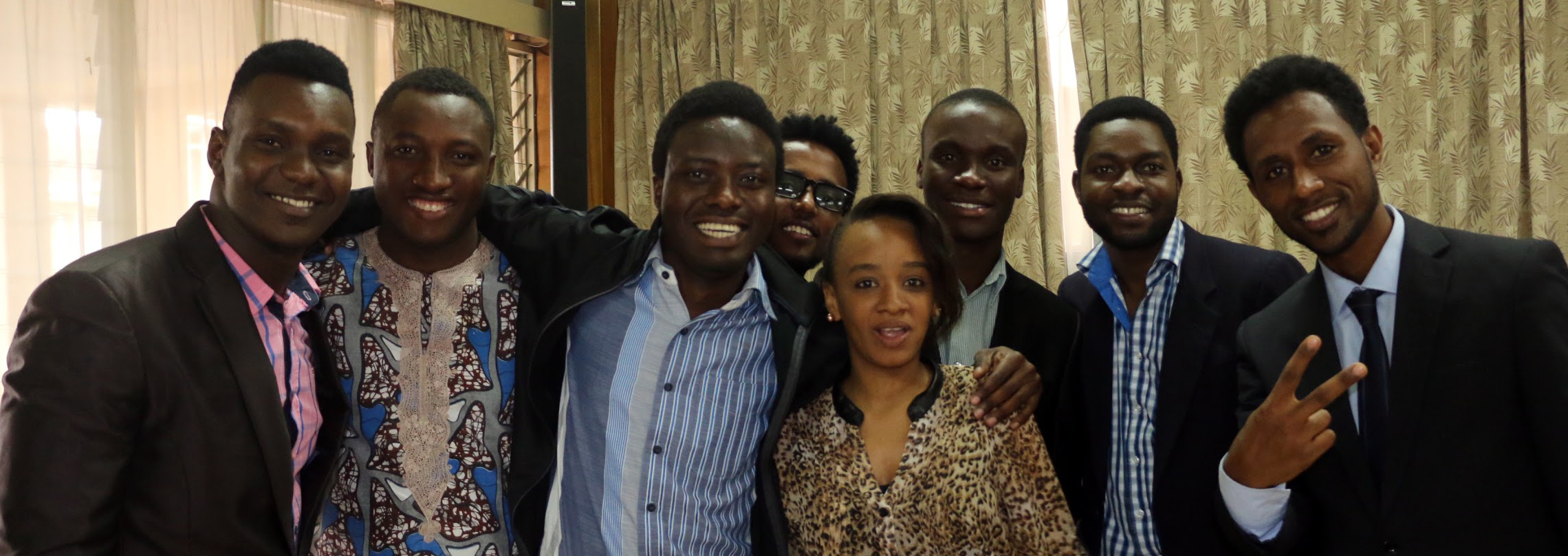Forgiveness and Care Conference
Mexico City Nov. 21 - 22, 2014
Our Global Associate Lissette Mateus Roa helped to coordinate this first of its kind conference to bring together an international audience exploring the successes and challenges to the ESPERE methodology for forgiveness and reconciliation pioneered in Colombia. In addition to Lissette, the Goldin Institute was represented by Denis Okello, who previously completed Lissette's workshop training in Uganda last June, as well as Sebastian Sosman and Akif Irfan.
Our long-time partner Father Leonel Narvaez, the Co-Founder and President of the Colombian peace-building organization Fundación para la Reconciliación (Foundation for Reconciliation), delivered a powerful speech in which he described the origins of violence.
La violencia es el fracaso del diálogo."
Translation: "Violence emerges from the failure of dialogue."
- Father Leonel Narvaez
Fr. Leonel's spirited talk led to conference participants embracing this key concept and engaging in robust dialogue. Read more about Fr. Leone's remarks here.
The conference continued to explore the concepts of care and reconciliation to teach others in peace-building and community reconciliation. We have featured the history of the project and its successful impact in Colombia in prior reports.
For the Mexico City Event, Lissette focused on the various types of care promoted by the ESPERE method: Care of Self, Care of Others, Care of Intellect, Care of Strangers, Care of Transactions. Care was also put into a religious and historical context. Moving beyond the conceptual, speakers explored the practical aspects of program delivery.
In order to continue the energy of the program, the group discussed techniques to motivate those who would be implementing the program. Using exercises developed and tested by Lissette and her colleagues through the last several years, activities focused on breaking down barriers to communication and learning to trust each other - the same skills that will eventually serve these community leaders when reinforcing the methods in their own home countries.
Finally, and most important to recognizing and appreciating cultural differences, a panel discussion of schools in Mexico, the Dominican Republic, Colombia, and Peru revealed lessons learned, common threads and unique aspects of delivering the ESPERE program in each country. These discussions centered around experiences administering the workshop as well as media presentations of prior ESPERE workshops and conferences.
